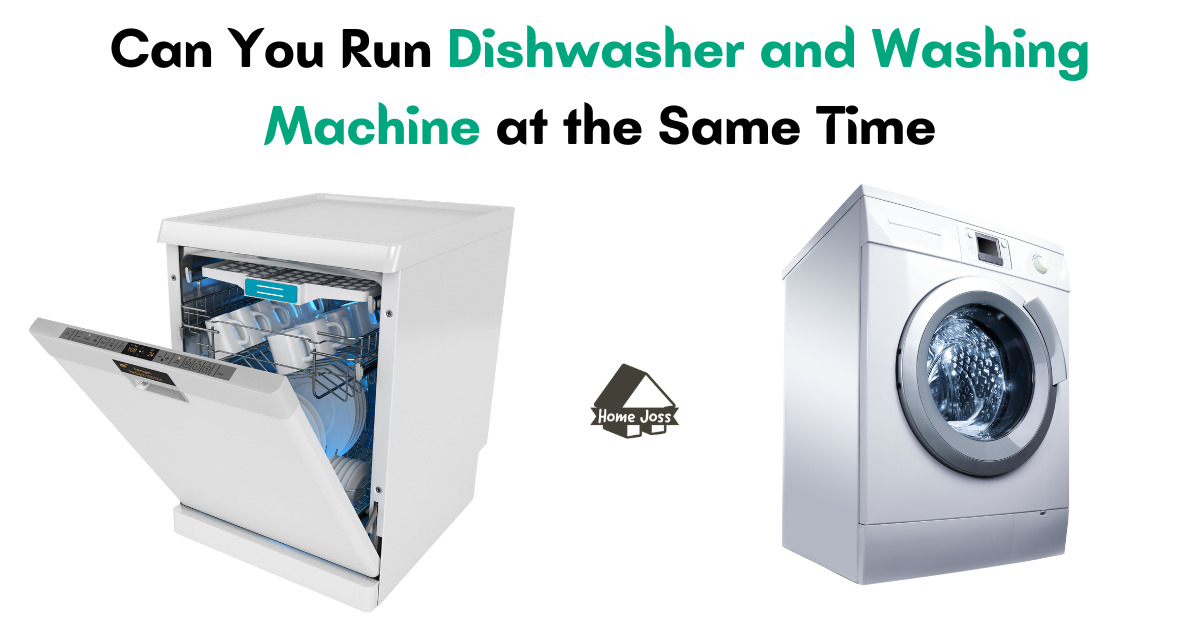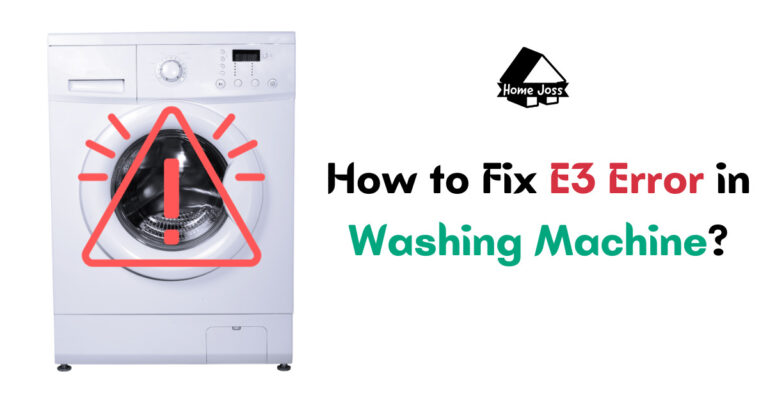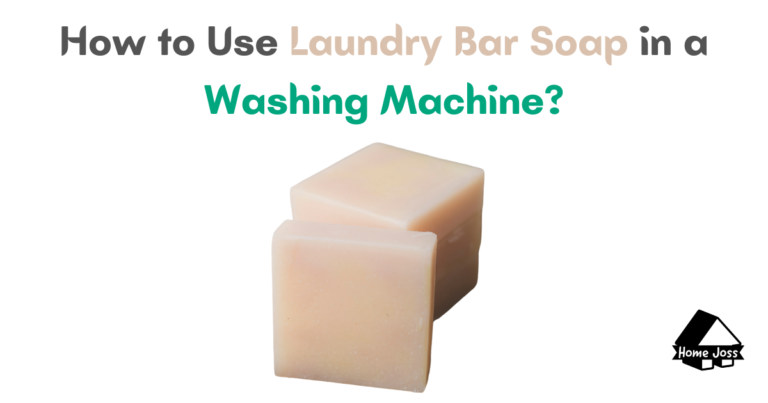Running multiple appliances concurrently in your home can be convenient, but it’s important to consider the implications and potential drawbacks. One common question that arises is whether you can run a dishwasher and a washing machine at the same time.
In this article, we’ll explore the factors that come into play when using these appliances simultaneously and provide tips for achieving maximum efficiency.
Can You Run Dishwasher and Washing Machine at the Same Time?

You can run a dishwasher and a washing machine at the same time. However, there are a few important considerations to keep in mind before doing so. First, make sure that your dishwasher and washing machine are on different electrical circuits.
Running both appliances simultaneously on the same circuit could overload your electrical system and potentially cause a power outage. Safety should always be a top priority when using multiple appliances simultaneously.
Another consideration is the potential impact on your water heater’s efficiency. Running the dishwasher and washing machine simultaneously may actually improve the water heater’s efficiency.
The logic behind this is that drawing down the water heater once rather than twice and running both appliances at the same time allows the water heater to cycle just once to heat the water in the tank. This can potentially lower the cost of heating water.
You may also need to know Is it Illegal to Drain Washing Machine Outside?
Best Time to Use Dishwasher and Washing Machine
In addition to considering whether you can run the dishwasher and washing machine at the same time, it’s also important to think about the best time to use these appliances. The ideal time to use a dishwasher and washing machine is during off-peak hours, typically between late evening and early morning (around 8 PM to 6 AM).
During these hours, electricity rates are often lower, and energy demand is reduced, which puts less strain on the power grid. Running the appliances at night can also help reduce the heat generated in your home during warmer months, thereby reducing the need for additional cooling.
It’s important to check with your local utility provider for the specific off-peak hours in your area, as they may vary depending on your location and the time of year.
By using your dishwasher and washing machine during off-peak hours, you can potentially save money on your energy bills while still accomplishing your household chores.
Advantages of Running Dishwasher and Washing Machine at the Same Time
Running your dishwasher and washing machine simultaneously can offer several advantages, including:
1. Water Efficiency
One of the main benefits of running both appliances at the same time is water efficiency. By utilizing a full load in both the dishwasher and washing machine, you can reduce the number of individual loads you need to run, ultimately conserving water. This can be particularly beneficial in areas with water scarcity or high water costs.
2. Energy Efficiency
Running the dishwasher and washing machine together can also improve energy efficiency, especially when it comes to your water heating system. Drawing down the water heater once instead of twice allows for more efficient use of energy.
If you have an older-style tank-type water heater that heats all its stored water before delivering it to any fixtures, running both appliances simultaneously can help reduce energy waste.
3. Hot Water Use
Both the dishwasher and washing machine require hot water for optimal performance. Running them at the same time allows you to make the most of your water heater’s capacity.
It’s important to note that modern dishwashers tend to be more water and energy-efficient compared to older models. By running the dishwasher and washing machine together, you can maximize the utilization of hot water and potentially save on energy costs.
Factors to Consider
While running a dishwasher and washing machine simultaneously can have its advantages, there are a few factors to consider to ensure optimal performance and avoid potential issues:
1. Water Heater Capacity
Before running both appliances at the same time, consider the capacity of your water heater. Larger water heaters with a higher reserve capacity are better suited to support multiple functions simultaneously.
If your water heater has a limited capacity, it may struggle to provide sufficient hot water for both the dishwasher and washing machine. In such cases, it’s recommended to run the appliances separately to avoid any potential issues.
2. Water Pressure
Another crucial factor to consider is the water pressure in your home. Adequate water pressure is necessary to ensure a steady and sufficient water supply to both appliances.
If the water pressure is low, running the dishwasher and washing machine simultaneously might result in reduced water flow and affect the performance of both appliances. It’s essential to test your water pressure and ensure it meets the requirements for running multiple appliances.
3. Age of Appliances
The age of your dishwasher and washing machine can also impact whether you should run them simultaneously. Older appliances may be less water and energy-efficient compared to newer models.
However, older appliances tend to be less demanding when it comes to the water supply, which can be advantageous when running both appliances together. Consider the water and energy efficiency of your appliances and weigh the potential benefits against any drawbacks.
FAQ about Can You Run Dishwasher and Washing Machine at the Same Time
What time of day is the cheapest to do laundry?
The cheapest time of day to do laundry is typically during off-peak hours, which are often late evening and early morning (around 8 PM to 6 AM). Electricity rates are generally lower during these hours, resulting in potential savings on energy bills.
Do dishwashers use hot water or heat their own?
Dishwashers typically use hot water to clean dishes. While they can run with cold water, it is not advised, as cold water may not effectively wash dishes and can leave behind food and soap residue. Dishwashers either heat the water themselves or use hot water supplied by the home’s water heater.
What time is the most expensive to run the washer?
Peak electricity rates typically occur between 4 PM and 7 PM in the UK. Off-peak hours are generally before 8 AM and after 7 PM. To save money on energy bills, it is advisable to do laundry during off-peak hours.
Can a dishwasher and washing machine use the same waste pipe?
It is possible for a dishwasher and washing machine to share the same waste pipe. However, it is crucial to ensure that the pipe is properly sized and installed to handle the volume of water from both appliances. Additionally, avoid running both appliances simultaneously to prevent overloading the waste pipe.
Can you use a dishwasher as a washing machine?
No, you should not use a dishwasher as a washing machine. Dishwashers and washing machines have different designs and functions, and attempting to use a dishwasher to wash clothes may damage both the appliance and your laundry.
Can running a dishwasher and washing machine at the same time cause a power outage?
Running a dishwasher and washing machine simultaneously can potentially overload your electrical system and cause a power outage if both appliances are on the same circuit. Ensure that each appliance is connected to a separate circuit to prevent such issues.
What is the ideal temperature for a dishwasher and washing machine?
The ideal temperature for a dishwasher is typically around 120°F (49°C), as this temperature is effective in removing grease and food particles from dishes. For a washing machine, a temperature range of 90°F to 130°F (32°C to 54°C) is commonly used, depending on the type of fabric and the level of cleanliness desired.
Is it safe to leave the dishwasher and washing machine unattended?
It is generally safe to leave both the dishwasher and washing machine unattended while they are running. However, it is recommended to follow the manufacturer’s instructions and avoid leaving them unattended for extended periods. Regular maintenance and checking for any leaks or malfunctions are also important for safety.
How can I improve the energy efficiency of my dishwasher and washing machine?
To improve the energy efficiency of your dishwasher and washing machine, consider using energy-saving settings when available. Only run full loads to maximize water and energy usage efficiency. Regular cleaning and maintenance, such as descaling the dishwasher and cleaning the lint filter in the washing machine, can also help maintain optimal performance.
Can running a dishwasher and washing machine at the same time save money?
Running a dishwasher and washing machine concurrently can potentially save money on energy and water costs. By utilizing full loads and optimizing the efficiency of your water heater, you can reduce overall resource consumption and potentially lower utility bills.
Remember, when running multiple appliances simultaneously, always prioritize safety, follow the manufacturer’s guidelines, and consult professional advice if needed.
You can run a dishwasher and washing machine at the same time, but it’s important to consider various factors for optimal performance. Ensure that your appliances are on different electrical circuits to avoid overloading your electrical system.
Additionally, running both appliances simultaneously can improve water and energy efficiency, but it’s essential to have a water heater with sufficient capacity and adequate water pressure in your home.
By understanding these considerations and making informed decisions, you can balance appliance usage to achieve maximum efficiency and potentially save on energy and water costs.






